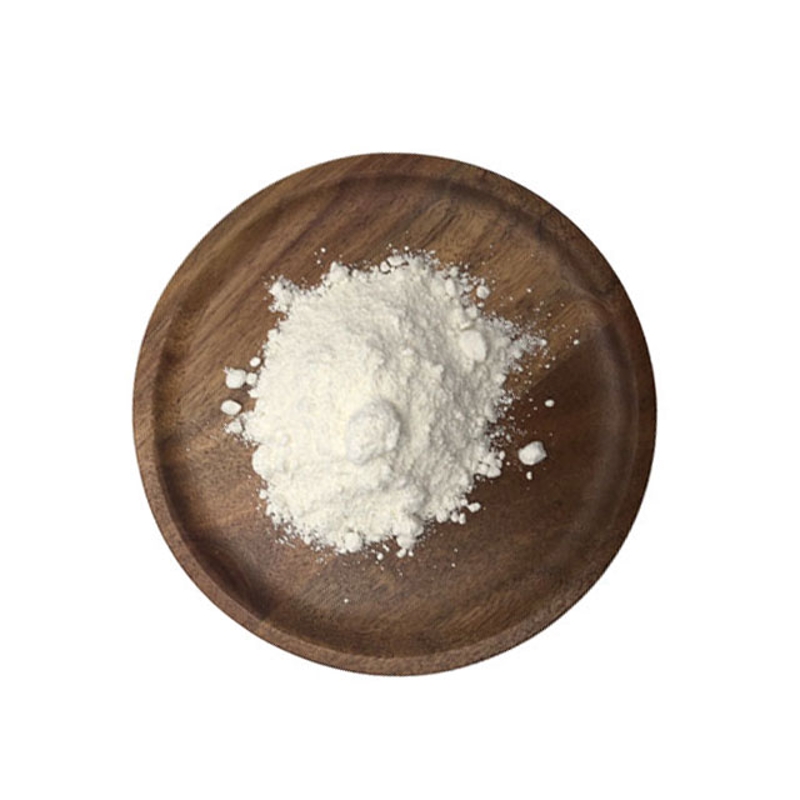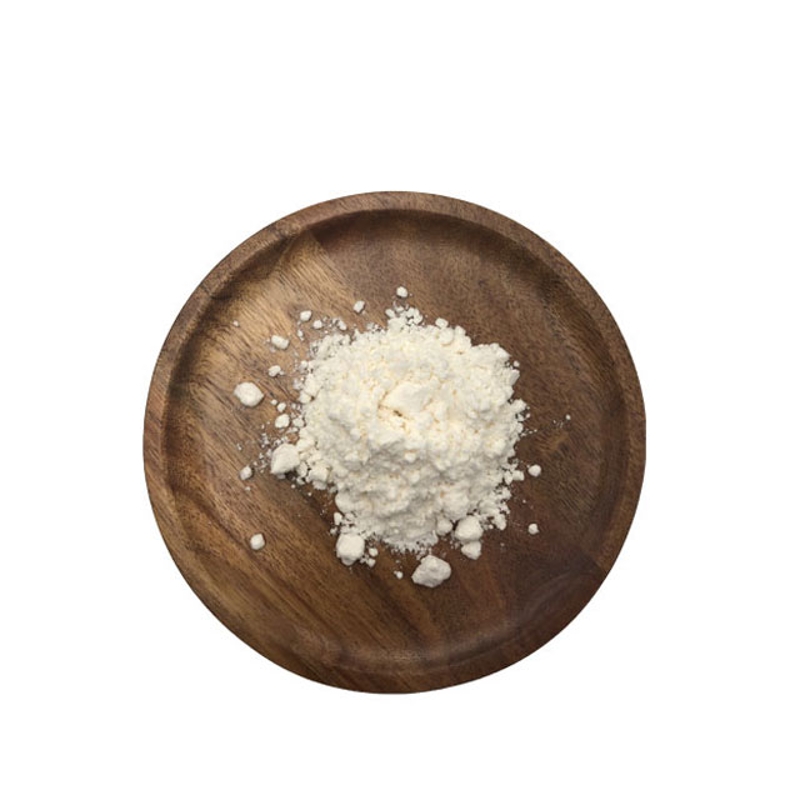-
Categories
-
Pharmaceutical Intermediates
-
Active Pharmaceutical Ingredients
-
Food Additives
- Industrial Coatings
- Agrochemicals
- Dyes and Pigments
- Surfactant
- Flavors and Fragrances
- Chemical Reagents
- Catalyst and Auxiliary
- Natural Products
- Inorganic Chemistry
-
Organic Chemistry
-
Biochemical Engineering
- Analytical Chemistry
- Cosmetic Ingredient
-
Pharmaceutical Intermediates
Promotion
ECHEMI Mall
Wholesale
Weekly Price
Exhibition
News
-
Trade Service
The most important role of growth hormone is to regulate growth, however, its presence has both advantages and disadvantages
.
Growth hormone is found in many tissues of the human body and plays an important role
in many biological functions, including aging.
There is substantial evidence that in mammals, a decrease in the effects of growth hormone is associated with slower aging (including decreased signaling in key pathways associated with aging, increased longevity, and decreased age-related diseases).
In 1997, John Kopchick's lab at Ohio University created a mouse with a growth hormone receptor gene completely and specifically knocked out, and eventually, the mouse became the world's longest-lived laboratory mouse (normal mice lived no more than 3 years), living 5 years and 1 week apart
.
Because the mouse lacked growth hormone receptors in the tissues and cells of the whole body, it could not be affected by growth hormone, and appeared thin and fat
.
If you selectively destroy only the growth hormone receptors in fat cells and do not affect other tissues, can you both prolong lifespan without other harmful effects?
Recently, John Kopchick of Ohio University and others published a research paper
in the journal Endocrinology titled: Disruption of Growth Hormone Receptor in Adipocytes Improves Insulin Sensitivity and Lifespan in Ice.
This study showed that only the specific knockout of the growth hormone receptor gene in adipose tissue could improve the health and extend the lifespan
of mice.
The study builds on mouse models previously constructed in John Kopchick's lab, which previously constructed growth hormone receptor knockout mice (GHRKO) that have no growth hormone effect, are insulin-sensitive, live longer, and are able to protect against a variety of age-related diseases
.
For 25 years from 1997 to the present, these mice have been used to study healthy aging
.
In this latest study, the team constructed mice that specifically knocked out only the growth hormone receptor gene in adipose tissue (AdGHRKO), then gave these mice normal lives, and analyzed whether knockout of the growth hormone receptor gene in adipose tissue affected their metabolism and lifespan
.
The results showed that growth hormone receptor knockout in adipose tissue could improve insulin sensitivity and extend lifespan
in elderly male mice.
These mice had increased fat mass, circulating levels of insulin, C-peptide, adiponectin, and resistin decreased, and the muscle strength of the old mice increased, and the weakness score improved
.
The research team compared the average lifespan data
of growth hormone receptor knockout mice, adipose tissue growth hormone receptor knockout mice, and muscle tissue growth hormone receptor knockout mice.
The results showed that the growth hormone receptor knockout male mice had an extended lifespan, with 23% benefiting from the knockout of the growth hormone receptor gene in fat and 19% from the knockout
of the growth hormone receptor gene in muscle.
Females benefited less, at 19% and 0%,
respectively.
That is, knocking out the growth hormone receptor gene in adipose tissue helps to extend the lifespan of males and females, but knocking out the growth hormone receptor in muscle tissue can only extend the lifespan
of males.
These findings suggest that removing the effects of growth hormone, even in a single tissue (adipose tissue), is sufficient to produce observable health benefits, promote long-term health, reduce weakness, and increase longevity
.
This study also tells us that some adverse effects of growth hormone on health occur in adipose tissue, and growth hormone is not an anti-aging drug, it can accelerate aging
.
John Kopchick says the new study expands on what is known about growth hormone and how it affects different tissues and produces different results
.
In this study, although the mice gained fat, their metabolism was healthy and they lived longer than the control mice, which also suggests that not all fats are bad
.
Original source:
Unterberger CJ, McGregor SM, Kopchick JJ, Swanson SM, Marker PC.
Mammary tumor growth and proliferation are dependent on growth hormone in female SV40 C3(1) T-antigen mice.
Endocrinology (IF: 4.
74; Q2).
2022 Oct 21:bqac174.
doi: 10.
1210/endocr/bqac174
List EO, Berryman DE, Slyby J, Duran-Ortiz S, Funk K, Bisset ES, Howlett SE, Kopchick JJ.
Disruption of Growth Hormone Receptor in Adipocytes Improves Insulin Sensitivity and Lifespan in Mice.
Endocrinology (IF: 4.
74; Q2).
2022 Oct 1; 163(10):bqac129.
doi: 10.
1210/endocr/bqac129







